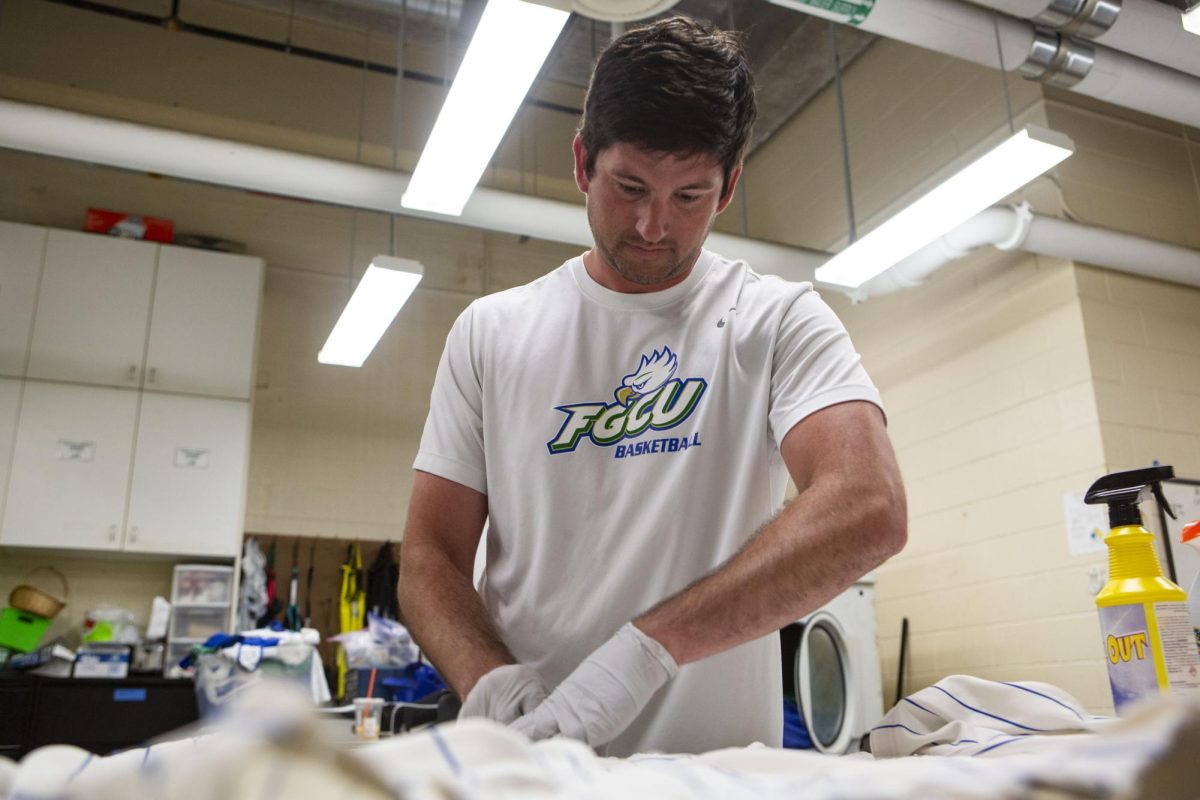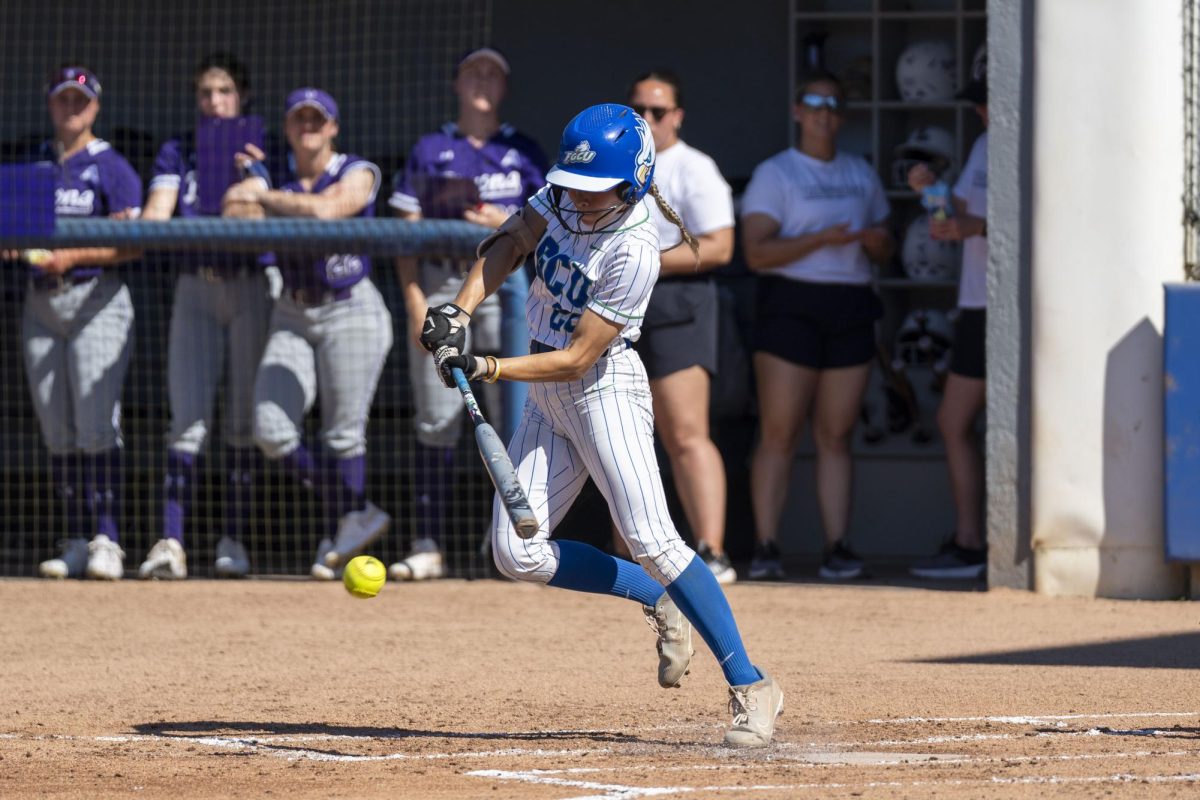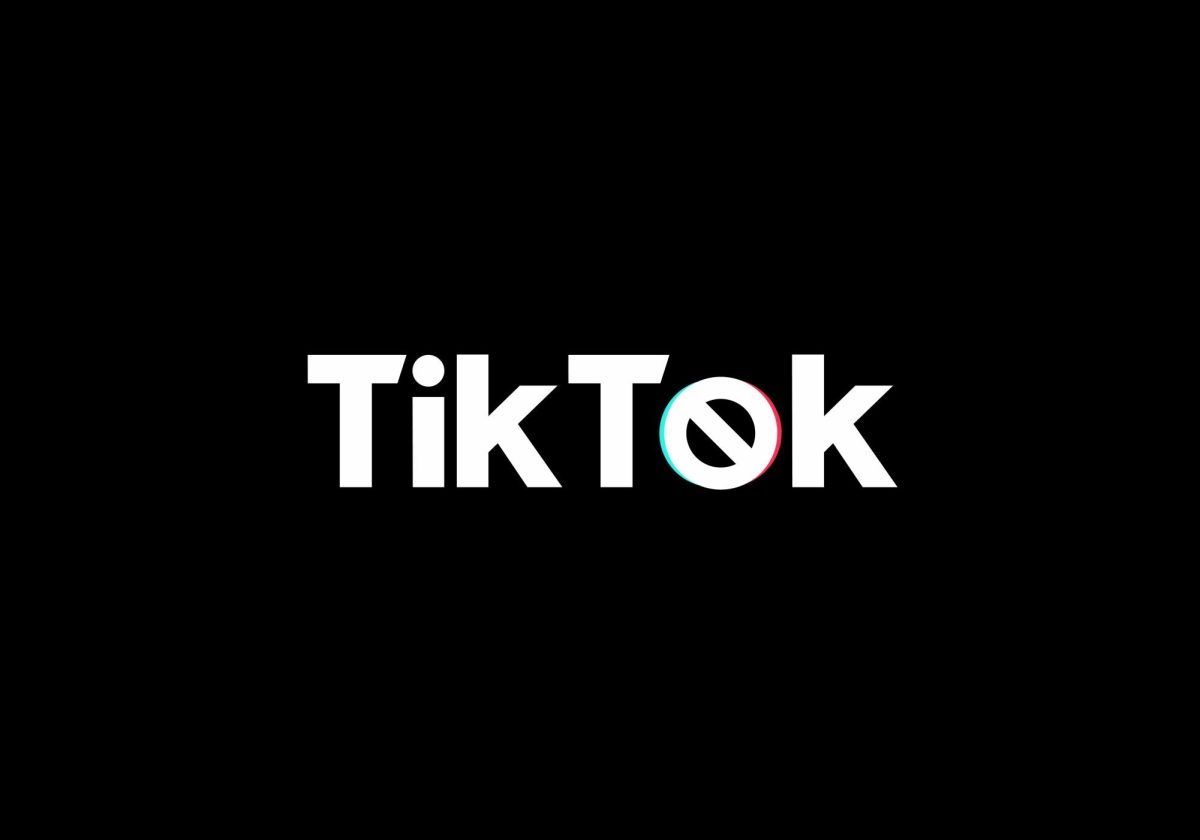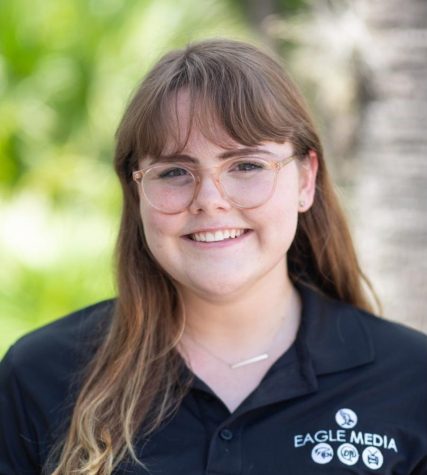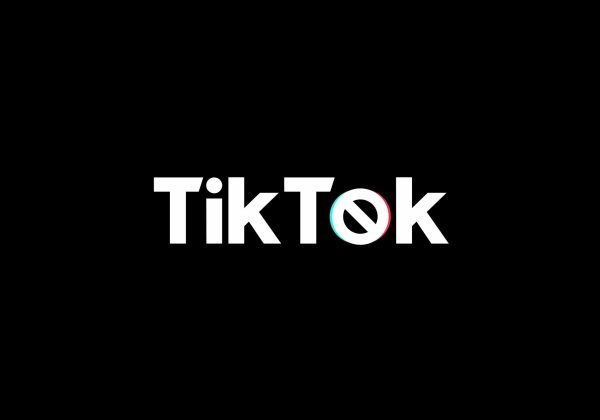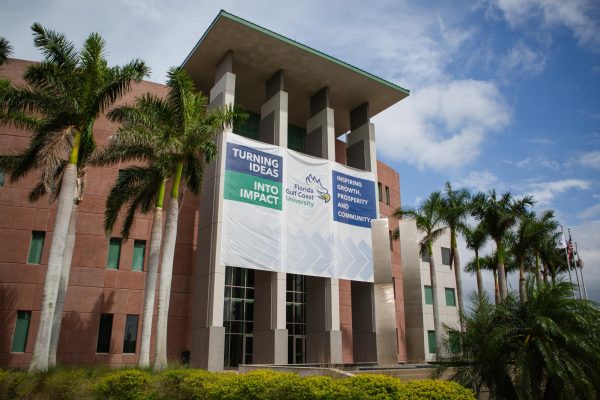Students report lack of availability at CAPS
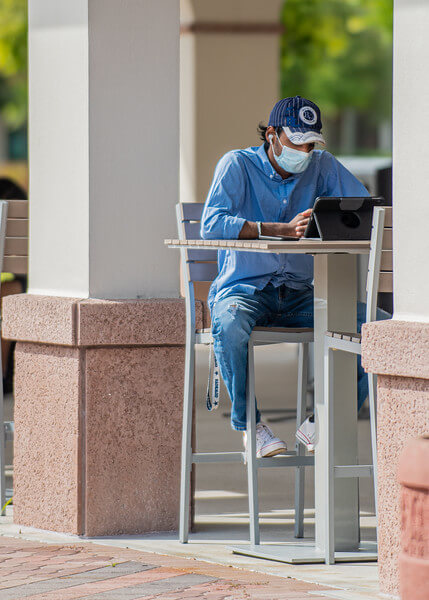
A student sits on FGCU’s campus while following the university’s COVID-19 guidelines.
December 24, 2021
Note: Megan is a pseudonym to protect the privacy of those interviewed.
A surge in demand for FGCU’s Counseling and Psychological Services has left some students facing long wait times this semester.
Ashley Paris, 19, said that she had to wait a month and a half before she was able to schedule an appointment with CAPS.
“CAPS strives to meet the needs of all the students’ requesting services, but, just as in past years, there is a wait list for services,” Coordinator of University Communications & Media Relations Pamela McCabe said. “The wait time for appointments is generally around eight business days, or two weeks with weekends. However, it could go up to three weeks.”
CAPS has received requests from more than 850 new clients this year alone, according to McCabe. Requests for this semester have exceeded what was experienced in Fall 2019 prior to the start of the pandemic.
Last year, CAPS reported offering a total of 11,618 appointments, a 14 percent decrease since 2019 before the start of the pandemic, according to an annual report for 2020-2021.
Although last year’s numbers proved to be low, this year FGCU was met with record enrollment, up 4.5% this semester from Fall 2020.
“I didn’t get help when I needed it,” Paris said. “I went to Stoneman Douglas and was there when the shooting happened. However, it was not until a year later that I received any professional help. This only negatively fueled my mental health.”
Megan, another FGCU student who wants to remain anonymous, first started seeking CAPS services last spring. She recalled no wait time for scheduling sessions when she first started. She returned this semester only to be met with paperwork.
“I called back in October for an appointment,” Megan said. “Not only was I told I had to fill out all of the forms again, but that I couldn’t get an appointment for another two and a half weeks when I would have already been over my issue.”
To schedule an appointment at CAPS, new students are triaged to assess their level of risk to themselves and others, according to McCabe. Students who express the highest needs are then given scheduling priority over those who are at a lower level. Referrals to outside community resources are given if a student does not want to be on the waitlist.
“Students in crisis have access to drop-in appointments every day, and they can be seen immediately by a staff member,” McCabe said.
Megan noted the enrollment increase when asked about solutions to the lack of availability from CAPS.
“If FGCU continues to grow from a small-town university to something of a size of schools up north and at the fast rate it’s going, then it needs to start accommodating as such, which definitely feeds back to earlier news articles on crowded dorms, no parking, waiting in long lines for the shuttle and food, and now to get checkups at CAPS,” Megan said.
“College and university counseling centers around the country and state are experiencing a supply and demand issue, with many not being staffed according to the need,” McCabe said. “While CAPS is better off than many counseling centers, it is feeling the strain of being down a few positions, including a clinical director.”
An opening for the Clinical Director at CAPS was posted on Workday over a month ago.
“An existing staff member is filling in on an interim basis while the search for a permanent hire continues,” McCabe said. “CAPS is entering the interview phase of the latest (second) job posting, but it is too soon to know when the position may be filled.”
“As the end of the semester winds down, we know the need for our services continues,” read a statement from Nov. 29 on the CAPS Instagram page. “CAPS values your mental health, and we want you to know there are still ways to engage with CAPS, even though we have limited time left in the semester.”
Students are encouraged to share feedback about counseling sessions, scheduling problems and other concerns by calling 239-590-7950 or emailing [email protected].







